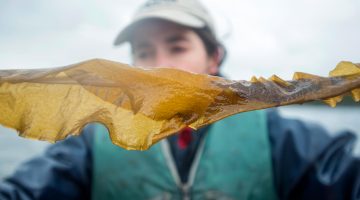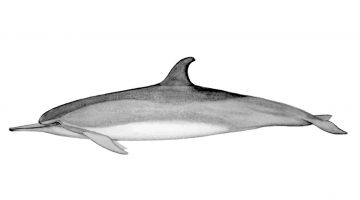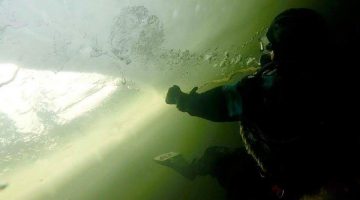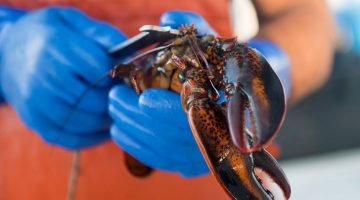Steneck to present at Earth Optimism Summit
By nature, Bob Steneck is an glass-half-full kind of guy. The University of Maine marine ecologist will join other hopeful scientists, environmentalists, civic leaders and media from around the world at the Smithsonian Earth Optimism Summit in Washington, D.C. on Earth Day weekend. He’ll be one of the approximately 250 speakers to share examples of […]
Read more



